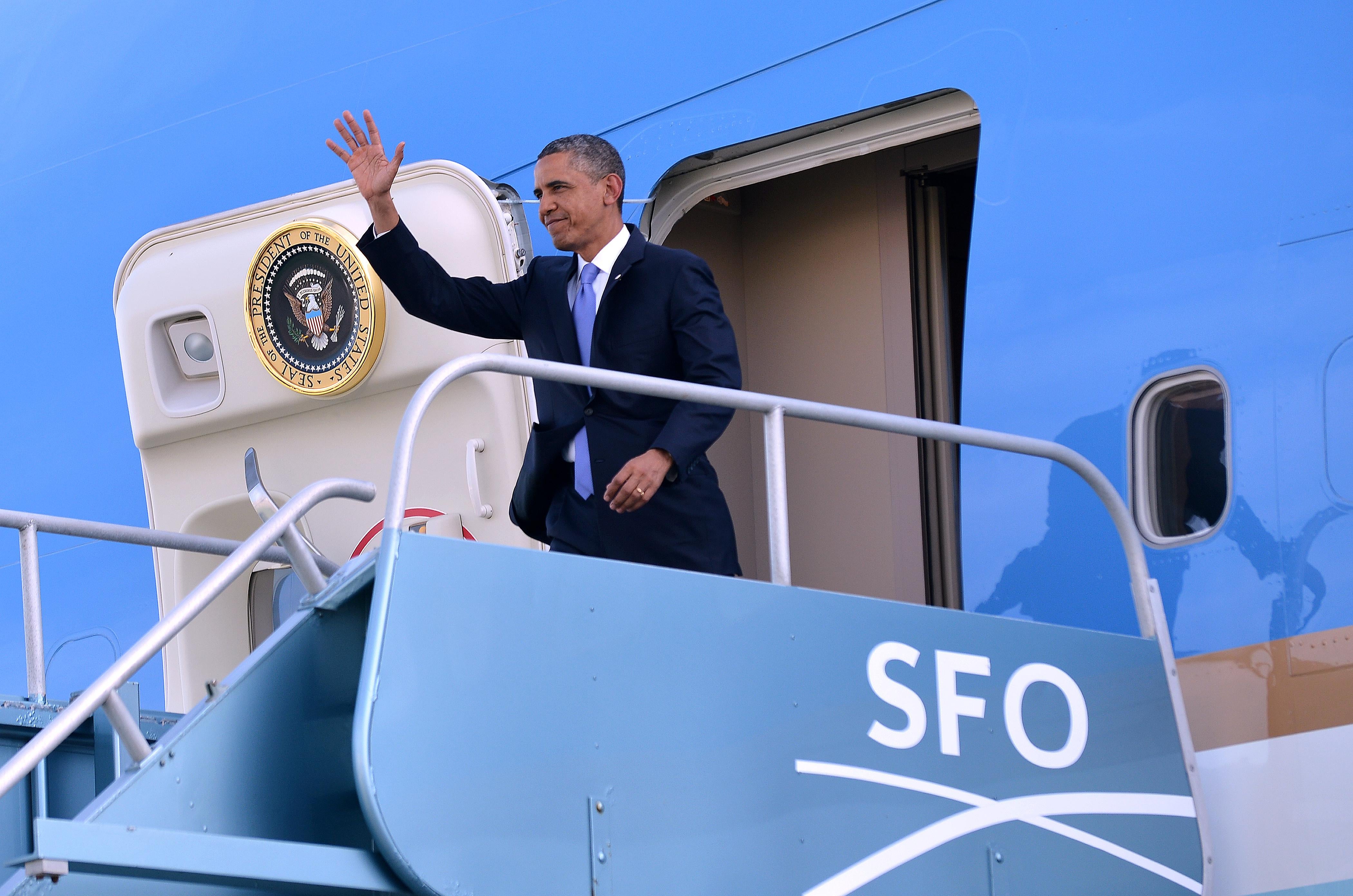As I’ve said before, there’s no such thing as a tech company. But an interesting aspect of the social construction of “high tech” is a disposition among the managers and funders of “tech” companies to be willing to plow ahead with schemes that violate the rules and then hope to get the rules changed. In the case of Uber and AirBNB my sympathies are very much with the would-be innovators. FlightCity and its problems with SFO Airport strike me as a less clear case.
Here’s FlightCity’s basic idea. People headed to the airport often want to get some discount parking at a slightly remote facility. And people coming into an airport often want to rent a car. So why not have a business where you have a car storage facility near SFO and where outbound travelers can park their car for free, in exchange for allowing the storers of the vehicle to rent it out to inbound travelers. All you need is a shuttle service from the FlightCity lot to the SFO terminal and off you go. Parking lot operations are a totally legitimate business and so is car rental, and combining the car storage and car renting businesses into a single firm makes a ton of sense as a thing to try.
But here’s the problem. SFO has a regulation stating that off-airport car rental agencies need to pay the airport 10 percent of gross profits and a $20 transportation fee for each rental car transaction. FlightCity is simply breaking the rule.
It’s a little difficult for me to sympathize with FlightCity here. In the Uber and AirBNB cases, you’re basically talking about regulations designed to prevent new entrants from competing in the taxi and hotel industries. This is more like if Uber wanted to say that its drivers don’t need to pay gasoline taxes. Obviously gas taxes are a hassle to any business that has driving people around as its core activity. But they’re not a barrier to entry or a stodgy old-fashioned mindset in need of disruption. They’re just a government revenue service. The logic of the tax seems to be basically to create a cross-subsidy from inbound visitors to the Bay Area to outbound travelers from the Bay Area. It’s not obvious to me that’s a good idea, but it’s not obviously insane or corrupt or anything. And nothing about the rule prevents innovation in the car rental industry—the tax is equally burdensome on traditional renters as on innovative ones. People just prefer not to pay taxes, and FlightCity seems to be trying to free ride on the energy generated by other transportation-related policy fights to get itself a tax cut.
